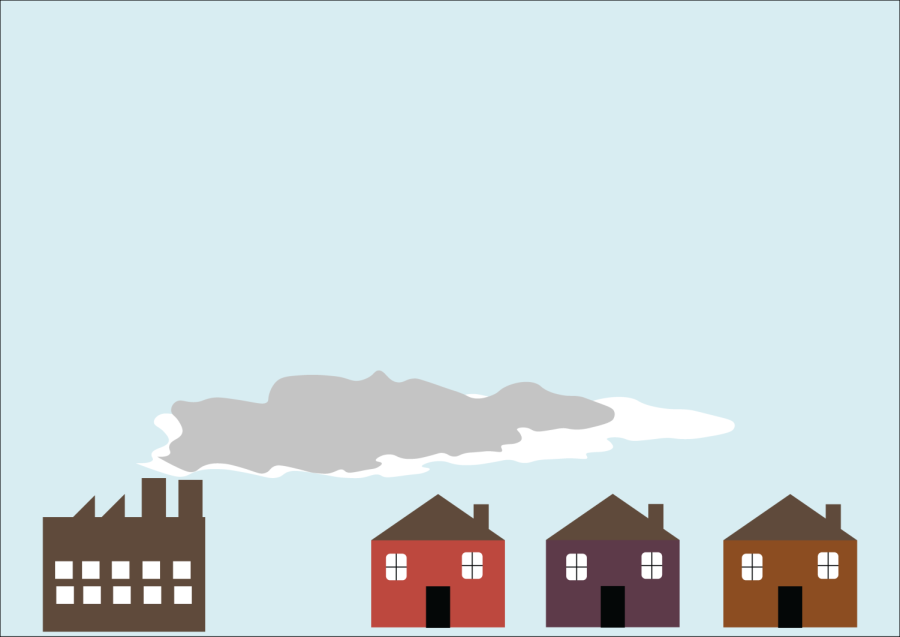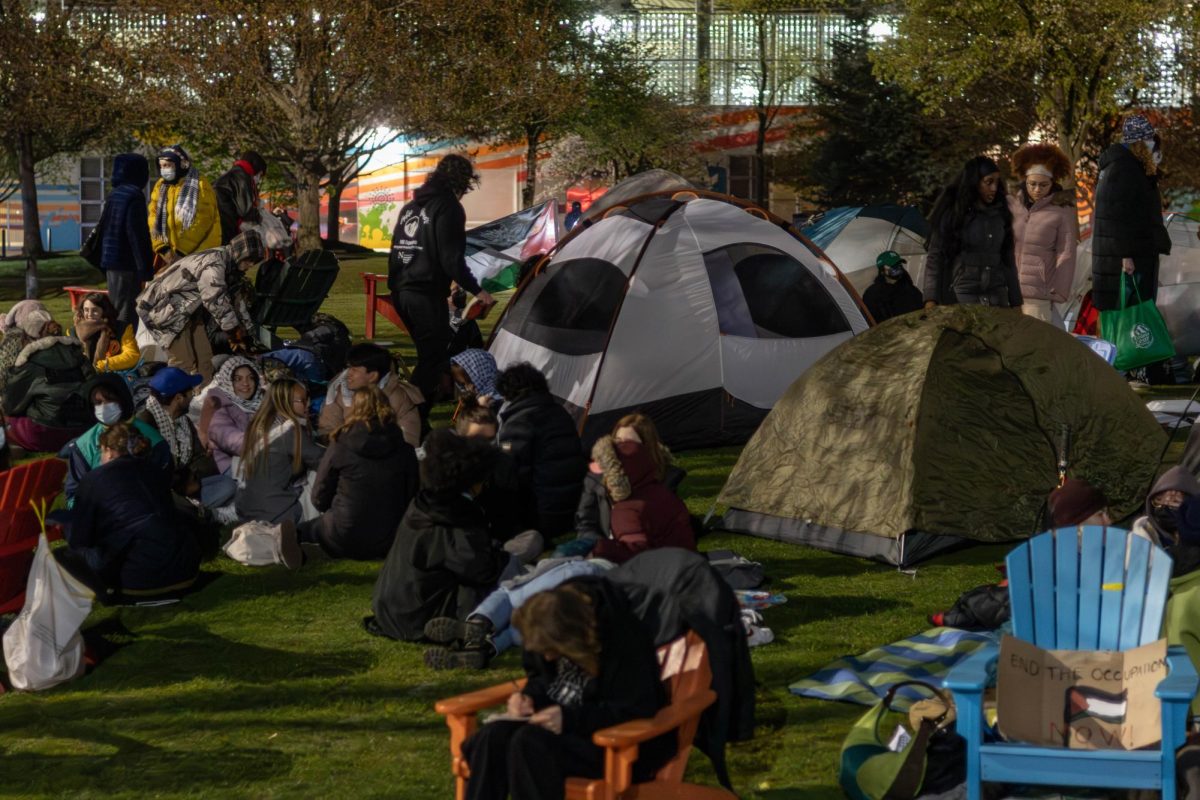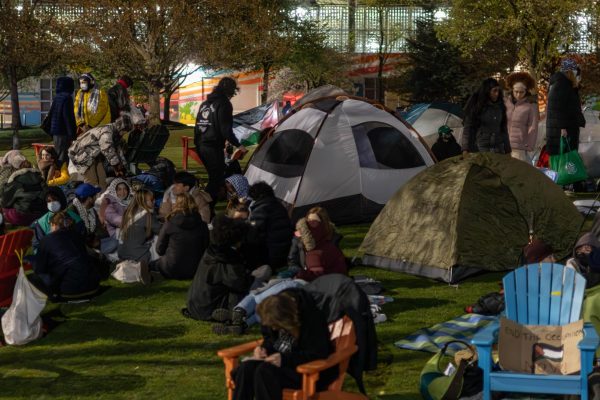Op-ed: Environmental racism is harming people of color
February 25, 2023
In 2019, the Rhodium Group, an independent research provider that gathers information in energy and climate change, in partnership with the U.S. Environmental Protection Agency, or EPA, and the Census Bureau conducted a survey and found that Hispanics are significantly more likely to live near areas in high traffic proximity and volume of pollution compared to white Americans. The historical practice of redlining is part of environmental racism, and it has affected the health and quality of life for millions of Hispanics and Black Americans.
In the 1930s, the U.S. government created maps of cities across the country based on the “riskiness” of different neighborhoods for real estate investment. Communities and neighborhoods deemed “hazardous” by the government were those heavily populated by Black Americans and Hispanics, which were largely surrounded by major industrial districts and highways. Areas considered “desirable” were those with a large white American population.
Since the 1980s, research has shown and proven people of color and ethnic minorities are at a higher exposure rate of environmental contamination due to improper industry practices, which are a direct result of redlining.
According to a journal published by the Environmental Science and Technology Letters, Hispanics and Black Americans are exposed to more smog and fine particulate matter compared to white Americans. This heightened exposure puts the health of both communities at a greater risk. Cars, trains and many other forms of transportation emit diesel, CO2 and particle pollution, which negatively impact people’s cardiovascular health, and increase the risk of cancer.
The Rhodium Group conducted another survey and found Hispanics are at a 12% toxic air cancer risk while Black Americans are faced with a 19% risk. This poses the questions of how this risk has played a role in major health crises, such as the pandemic. Officials stated that underlying issues faced by people of color and ethnic minorities contributed to the disproportionality in hospitalization and death due to COVID-19.
Though some may argue the correlation between the death rates and pollution is unrelated, cities and towns rating 11 on the EPA’s environmental risk measures, which are assessed based on the gravity the effects may have on the health of humans, were faced with larger COVID-19 death rates compared to communities rating two or lower.
The government continues to ignore the improper practices of major white corporations as they directly impact the living conditions of Hispanics and Black Americans living near industrial plants. For example, a small Hispanic community in the San Luis Valley noticed trucks constantly passing through town with what seemed to be waste until the community found out the trucks contained uranium. After the community spoke out against the improper disposal, the company realized the paperwork had not been updated for the past 30 years.
Our government and major corporations have and still continue to disregard the safety of millions of Americans. Living near Newark, New Jersey, one of the most heavily contaminated cities in the U.S., led me to wonder “will I fall victim to the racist practices that riddle the government?”
As I begin to question these racist practices, I know students who come from similar areas may also feel a sense of distress. Northeastern University is home to students of different identities from across the globe. As future members of the workforce, we have the power to change lives. We can use our voices to inform lawmakers of the effects of redlining and how Americans are still suffering today through increased cancer and respiratory risks, and a myriad of other health complications as a result. As students, we can also conduct research on environmental racism and its effects today in Boston. We can use our knowledge and inform lawmakers of the effects of redlining and how communities in Boston are still being affected. We have so much power as students, armed with the tools of knowledge and education. Therefore, let us use it to improve the lives of others and fight these racist governmental policies.
Elena Hernandez is a first year psychology major. She can be reached at [email protected].


















